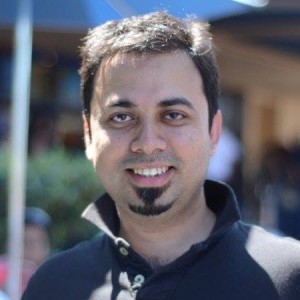The Imitation Game, the biopic about the life of Alan Turing, just won the Oscar for best adapted screenplay. While I enjoyed the film, and I’d recommend it, I agree with NPR’s Linda Holmes’ wry assessment that The Imitation Game was ‘a film that was “adapted” from a book about Alan Turing, and quite liberally adapted from reality.’
While the story of the film is a moving one (you could not help but be moved by screenwriter Graham Moore’s acceptance speech), I am saddened that so much good material was left on the table. If this was our big chance to share Turing’s amazing accomplishments with the world, a lot more could have been said, and some things could have been said better. Christian Caryl, writes that the film was A Poor Imitation of Alan Turing, while Alex von Tunzelmann goes so far as to suggest slander. A visually presented fact-checking by the Washington Post’s Stephanie Merry similarly finds as much fiction as fact.
To remedy these problems, I recommend you not stop with the film, but use it as a springboard to Prof. Jack Copeland‘s book, Turing: Pioneer of the Information Age.

